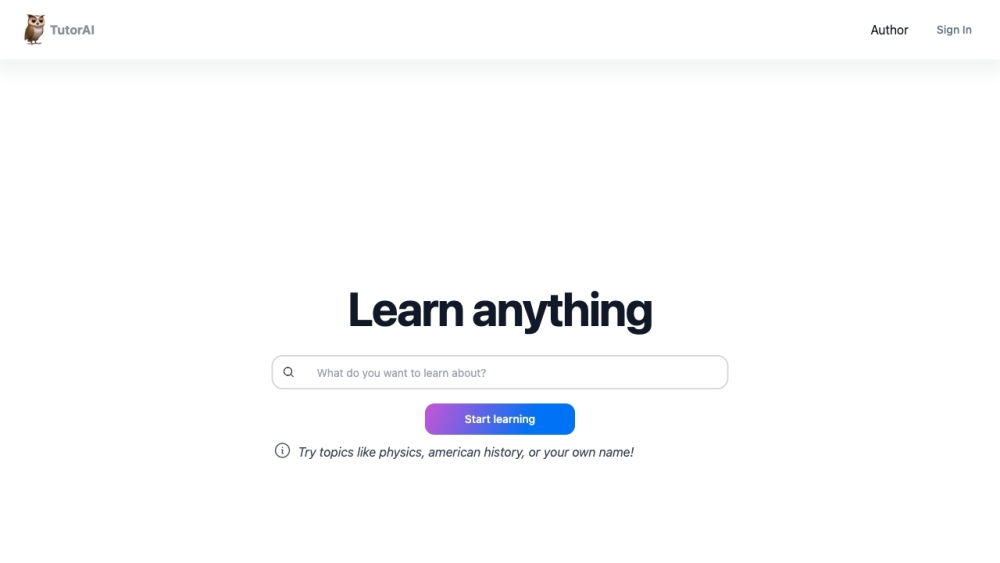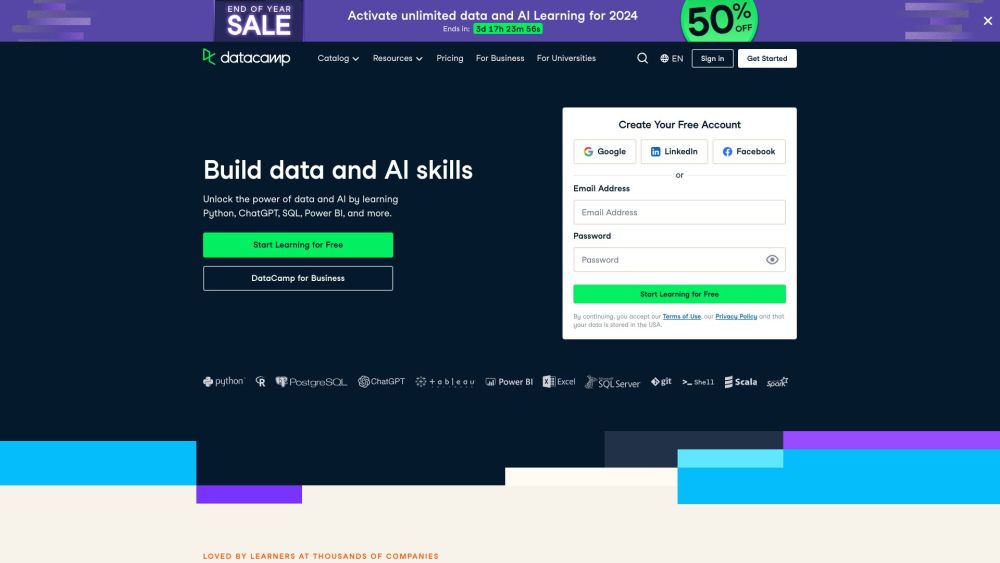DeepMind Al's latest breakthrough, AlphaGeometry2, can outperform IO Math Olympiate geometry gold medalists, suggesting that AI-assisted mathematical reasoning is possible.
AlphaGeometry2, a newer branch of DeepMind’s AlphaGeometry, surpassed other competitors after it achieved to solve 84% of all geometry problems presented within the last 25 years at the International Math Olympiad. DeepMind says that seeing a system solve geometry problems gives confidence that it will be able to reason through other tasks, which is very helpful in engineering and other theoretical sciences.
The methodology behind the creation of it seems like a combined effort from many parties and involves many systems such as Gemini which is a Google AI model with the reasoning engine. The Gemini model helps in conceiving useful geometric constructs which are later further refined, validated, and solved using a symbolic engine. In addition, the injector of geometric information also encompasses a searching algorithm that enables multithreaded proof strategy search exploration.
Now, there isn’t too much of a geography dataset available so in order for DeepMind to train AlphaGeometry2’s language model to delegate high-order mathematical thinking, over 300 million synthetic theorems and proofs were needed to be generated.
Key Results
AlphaGeometry2 managed to solve 42 problems out of 50 posed in the geometry section of IMO, beating the average score of gold medalists who achieved 40.9. However, the system had problems with nonlinear equations, inequalities, and certain problems with changing the number of points. Out of a more difficult set of 29 problems vetted by experts, the system was only able to answer 20.
Neural Networks Versus Symbolic AI
The hybrid method of the system reopens the contention between Symbolic Ai and neural networks. While deep learning models like Open AI’s o1 work exclusively with statistical data-driven learning, AlphaGeometry 2 has internal structured reasoning that enables the model to process multi-faceted logical problems, and achieve what o1 could not do on that same set of tests.
The Future of AI in Mathematics
DeepMind’s research suggests that hybrid AI models could offer a path to more generalizable intelligence. The team found early signs that AlphaGeometry2’s language model could partially solve problems without relying on symbolic tools—hinting that future AI might become increasingly autonomous in mathematical reasoning.
As AI continues to advance, systems like AlphaGeometry2 could revolutionize problem-solving in scientific and engineering domains, further blurring the line between human and machine intelligence.






